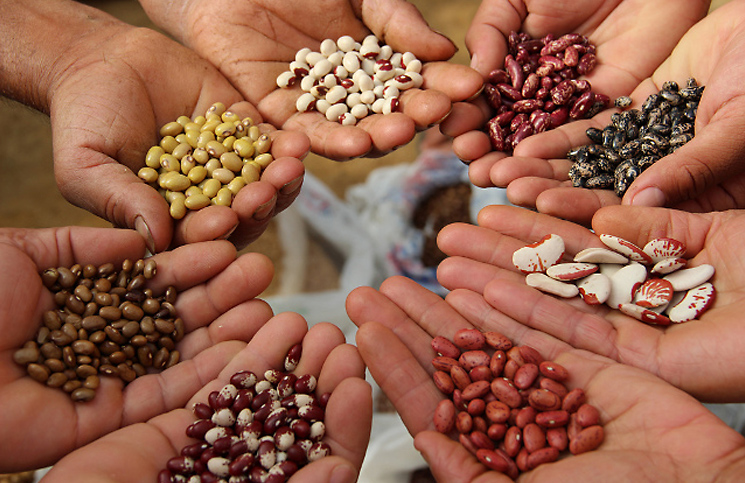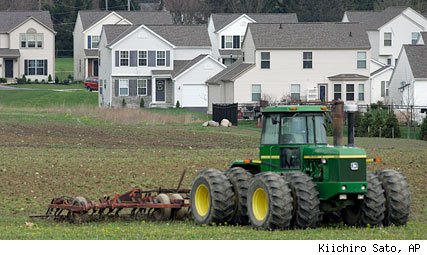 Recently, on a car trip from Calgary to visit friends in Hay River and Yellowknife my travelling companion and I made a lunch stop in High Level, Alberta. While waiting for my soup and sandwich I picked up the local coffee news, the Muskeg Buzz. I came across an article in its Heard Around the World section titled, “Cheerios Will Send 500 Wildflower Seeds for Free to Save Bees." This piece encouraged readers to sign up for free wildflower seeds to plant to help save the honey bee. Maybe you have seen the TV commercial on the same topic. Currently, General Mills, maker of Honey Nut Cheerios, is focussing audience attention on the plight of honeybees through their corporate initiative, ‘Bring back the bees’. Their campaign, ‘Bring back the bees’ highlights the vital role bees and other pollinators play in food security, the economy and how bees and other pollinators face decline.
Recently, on a car trip from Calgary to visit friends in Hay River and Yellowknife my travelling companion and I made a lunch stop in High Level, Alberta. While waiting for my soup and sandwich I picked up the local coffee news, the Muskeg Buzz. I came across an article in its Heard Around the World section titled, “Cheerios Will Send 500 Wildflower Seeds for Free to Save Bees." This piece encouraged readers to sign up for free wildflower seeds to plant to help save the honey bee. Maybe you have seen the TV commercial on the same topic. Currently, General Mills, maker of Honey Nut Cheerios, is focussing audience attention on the plight of honeybees through their corporate initiative, ‘Bring back the bees’. Their campaign, ‘Bring back the bees’ highlights the vital role bees and other pollinators play in food security, the economy and how bees and other pollinators face decline.
“Pollinators are critical to our ecosystems. Insect pollinators, both wild (e.g., many species of bees and moths) and domestic (honeybees), are in serious decline due to the combination of habitat loss, disease, pesticide exposure and climate change. These pollinators are responsible for an estimated one out of three bites of food that people eat, which is worth billions of dollars to the North American economy. Pollinators ensure the reproductive success of plants and the survival of the wildlife that depend on those plants for food and shelter.”*
A significant part of General Mills’ campaign is partnering with the Canadian, P.E.I. seed company, Veseys to offer free packages of wildflower seeds for planting. Last year, the 100,000 seed packages Veseys expected to give away went in a matter of days. The seed company scrambled to get another 100,000 packages to General Mills. This year’s projection is that General Mills is going to be giving away over 100 million seeds to Canadians.**
At first glance, this initiative seemed like a super-duper, winning idea to me. The intent to highlight the plight of the honeybee is wonderful and taking steps to address its dwindling habitat is to be applauded. With a little research I discovered, however, the method chosen to accomplish their goals has been called into question by Paul Zammit of the Toronto Botanical Gardens.***
Zammit bases his concern on the fact that all plants should not be planted in all locations. The free package contains a mixture of seeds some of which are non-native and perhaps even considered invasive in the location where they are being sent. The horticulturalist is quick to add that he likes that the campaign is getting folks like us talking about pollinators such as bees and supports the campaign efforts to urge us to take the opportunity to facilitate pollinators in our own backyards, balconies and outdoor spaces. However, his over-riding message is to take the ‘bee careful’ route to wildflower planting. Paul Zammit recommends first checking with our local flower societies or flower supply stores to select native flowers best suited to our locale in creating wildflower habitats for the bees in our neighbourhoods.
View https://youtu.be/JgZ-DLesdAU for other ways to help pollinators in your community.
Adding to your bee trivia ... did you know?
- Bees have terrific colour vision, that’s why they love showy flowers. They especially like blue, purple, violet, white & yellow.
- There are over 20,000 species of bees around the world!
- Bee species all have different tongue lengths that adapt to different flowers.
- The honeybee’s wings stroke incredibly fast, about 200 beats per second thus making their distinctive buzzing sound.
- A honeybee can fly for up to 9 kilometers and as fast as 25 kilometers an hour.
- 1 in 3 bites of food we eat is made possible by bees and other pollinators who spread the pollen that crops need to grow. That includes many of our favourite foods like apples, almonds, coffee and of course, honey.
Nancy Wales, CSJ

*Ontario Nature
**Seeds Given away in Cheerios promotion may be problematic, horticulturalist says – CBC NEWS posted March 26, 2017
***Seeds Given away in Cheerios promotion may be problematic, horticulturalist says – CBC NEWS posted March 26, 2017





